On the afternoon of November 24, continuing the 10th Session, under the direction of Vice Chairwoman of the National Assembly Nguyen Thi Thanh, the National Assembly discussed in the hall the draft Press Law (amended).
National Assembly deputies basically agreed on the need to amend the Press Law to continue institutionalizing the Party's policy on building a professional, humane and modern press; at the same time, overcoming the limitations of the current law as well as the problems arising in the practice of press activities in recent times.
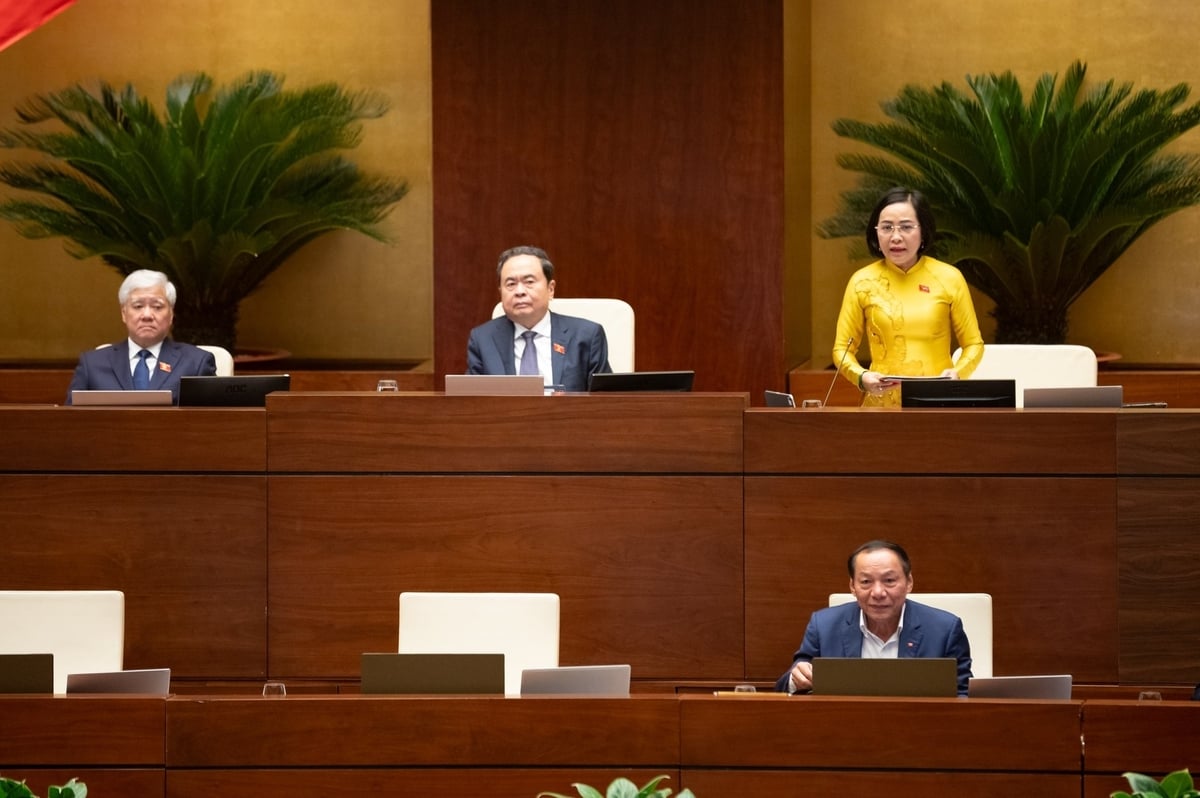
Vice Chairwoman of the National Assembly Nguyen Thi Thanh discusses the draft Law on Press (amended) at the meeting hall. Photo: Pham Thang.
Commune-level radio: Thin human resources, degraded equipment
Discussing Article 45 of the draft Law on providing radio and television services, National Assembly Deputy To Ai Vang ( Can Tho ) said that the commune-level radio station system is currently facing many difficulties.
According to Ms. Vang, previously, district-level radio stations played a key role in managing and operating the grassroots radio system; at the same time, they oriented content, provided professional guidance, and were responsible for repairing equipment for commune stations.
“After the merger, the staff in charge of broadcasting at the commune level are mainly part-time and lack professional expertise in journalism and broadcasting; while the equipment is mostly old, outdated, and lacks funding for repairs. Many places have not yet converted to modern information technology and telecommunications,” she said.
In addition, royalties and allowances for grassroots radio staff are still low; program content is mainly relayed from higher levels, with few products having local characteristics; one-way transmission methods have not kept up with the digital media environment.
Despite many difficulties, the grassroots broadcasting system has played an important role in conveying the Party's policies and the State's laws and policies over the years; at the same time, providing timely information on weather forecasts, storms, floods, irrigation, etc., contributing to supporting people's production and reducing damage from natural disasters.
From that reality, National Assembly Deputy To Ai Vang suggested that the draft Law should clearly stipulate job positions, standards and titles for personnel working in commune-level radio broadcasting, in a more stable full-time or part-time direction.

National Assembly Delegate To Ai Vang (Can Tho). Photo: Pham Thang.
She also proposed to have regulations on budget to ensure regular operations, investment in facilities and technology for commune-level radio stations; and to build a suitable royalty and remuneration framework. At the same time, it is necessary to institutionalize the digital transformation policy, have a roadmap to help commune-level radio stations apply smart broadcasting technology to improve sound quality, save costs and manage more effectively.
"In addition to rebroadcasting, it is necessary to create a legal corridor so that commune-level radio stations can proactively produce rich, practical programs that are suitable to local characteristics," she emphasized.
Proposal to add the right to safety while working
Regarding Article 28 on the rights and obligations of journalists, National Assembly Delegate Doan Thi Le An (Cao Bang) said that the draft Law currently does not have clear provisions on the "right to be guaranteed safety" for journalists while working.
According to Ms. Le An, reality shows that many reporters working at “hot spots” have faced risks to their lives and health or have been hindered or lacked timely support. Meanwhile, the draft Law has not fully defined the responsibility to protect journalists.
She proposed to add a regulation to Clause 2, Article 28 in the direction: "Journalists working in areas of natural disasters, catastrophes, fires, explosions, emergency incidents, accident scenes or places with risks of insecurity, areas sensitive to security and order must ensure safety of life, health, means of work and equipment within the permitted scope of conditions."
At the same time, the authorities at the scene must be responsible for guiding the safe area, supporting journalists in their work and implementing necessary protective measures; and must not illegally obstruct press activities. Press agencies must also provide protective equipment and train reporters in safety skills when working in dangerous environments.

National Assembly Delegate Doan Thi Le An (Cao Bang). Photo: Pham Thang.
Proposed policy to support journalists in disadvantaged areas
In addition, National Assembly Deputy Doan Thi Le An requested the drafting agency to study and supplement policies to support training and fostering of journalists working in ethnic minority, mountainous, border, island areas and areas with especially difficult socio-economic conditions.
According to her, it is necessary to ensure that journalists in specific areas have equal access to professional training programs, professional ethics and digital skills; and at the same time, there is support for tuition, materials and travel costs.
Training formats also need to be flexible, including local and online mobile training to overcome infrastructure limitations.
The draft Law should also add specific training content such as knowledge of ethnic minority culture and society, community outreach skills, safety skills in risky areas and information security in the digital environment.
“These policies will contribute to improving the quality of journalists in key areas, ensuring the flow of accurate and timely information to the people; at the same time promoting the role of the press in socio-economic development in difficult areas,” Ms. Le An emphasized.
Source: https://nongnghiepmoitruong.vn/luat-bao-chi-sua-doi-kien-nghi-tang-quyen-an-toan-cho-nha-bao-d786266.html




![[Photo] Close-up of heavy damage at the school located on the banks of the Ban Thach River](/_next/image?url=https%3A%2F%2Fvphoto.vietnam.vn%2Fthumb%2F1200x675%2Fvietnam%2Fresource%2FIMAGE%2F2025%2F11%2F26%2F1764152130492_ndo_bl_img-8188-8805-jpg.webp&w=3840&q=75)



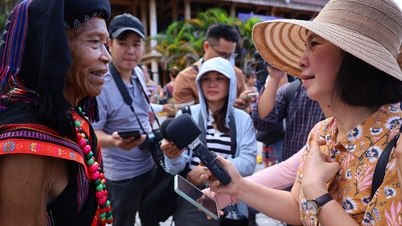

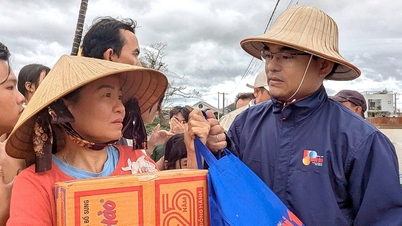

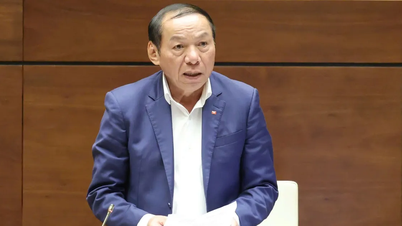

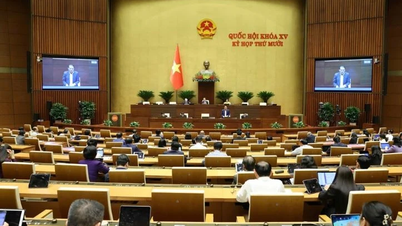

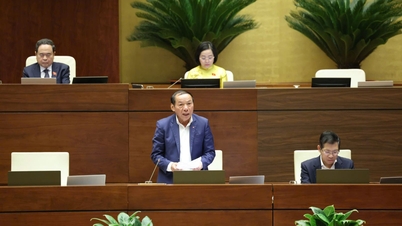

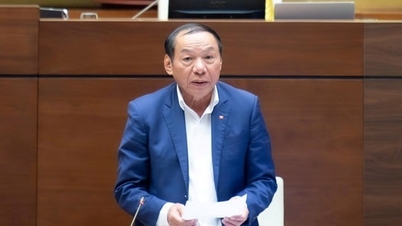

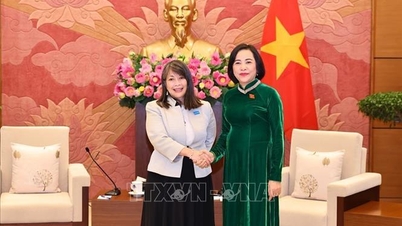
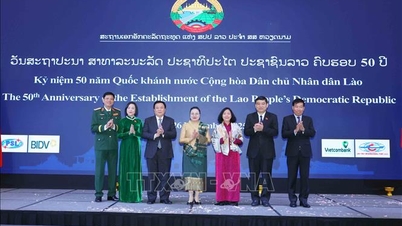

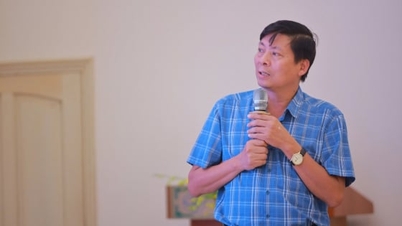
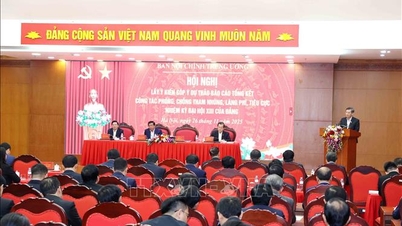
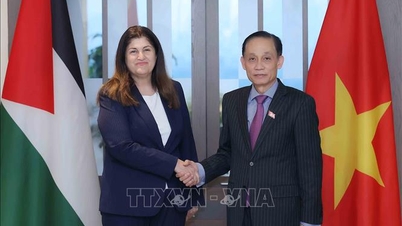




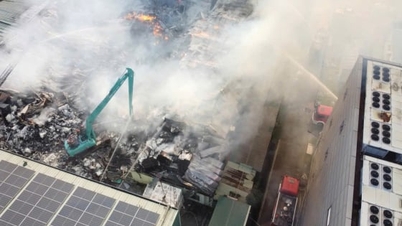

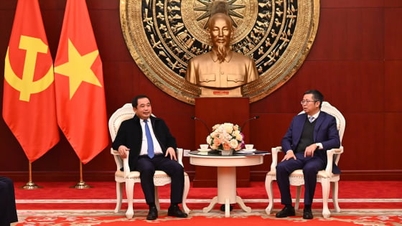
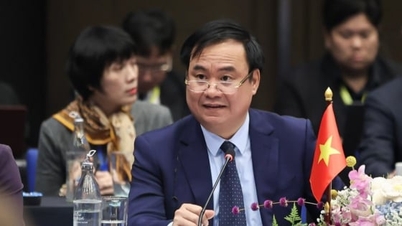
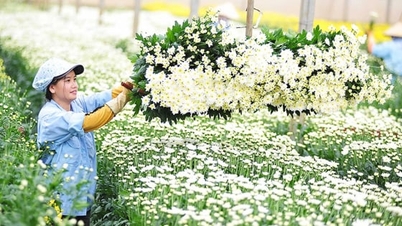
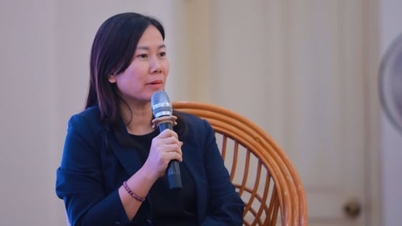


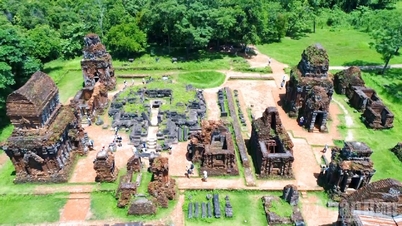

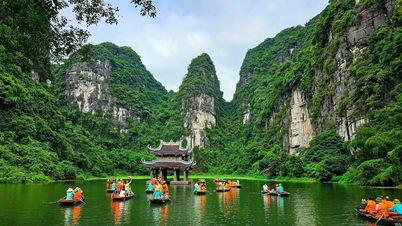
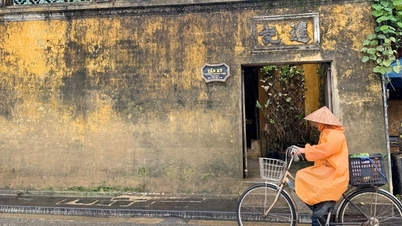

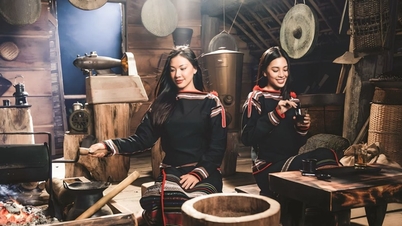

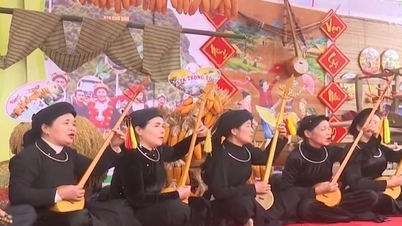

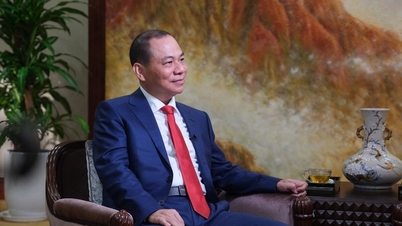

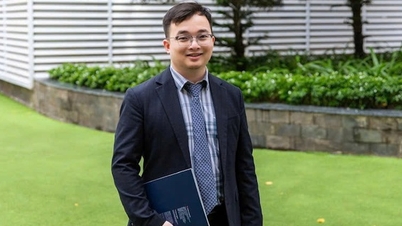

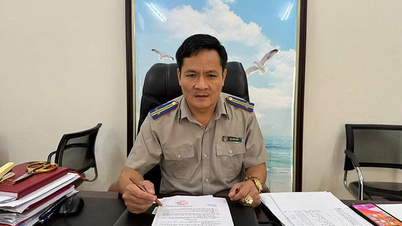

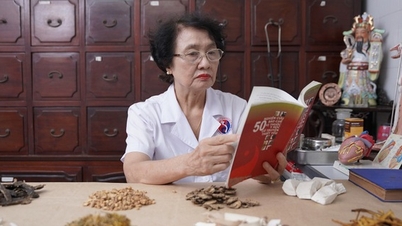

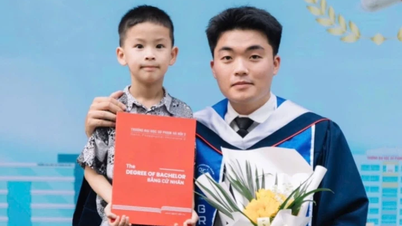

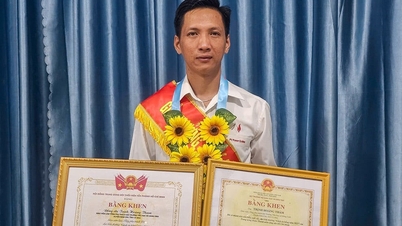

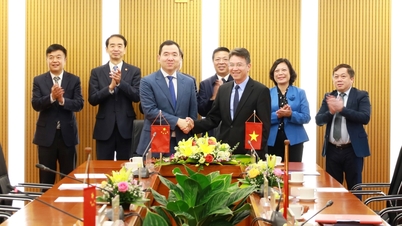


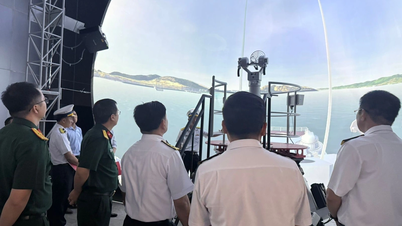


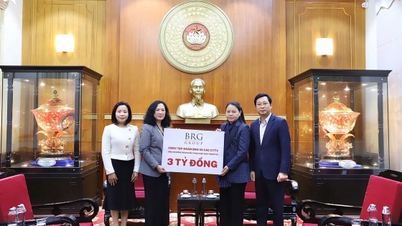










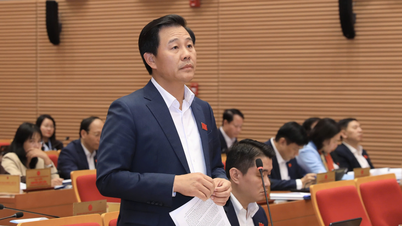
![[Photo] Opening of the 28th Session of the Hanoi People's Council](https://vphoto.vietnam.vn/thumb/402x226/vietnam/resource/IMAGE/2025/11/26/1764155991133_image.jpeg)


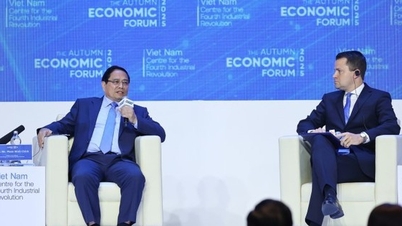

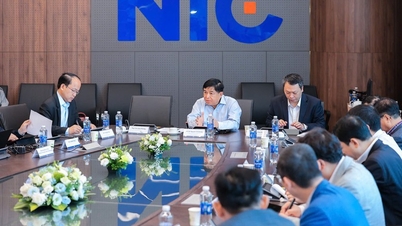



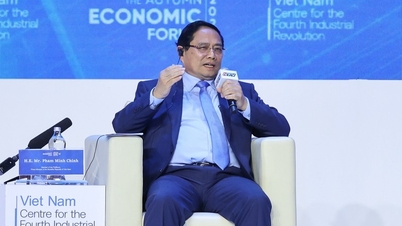
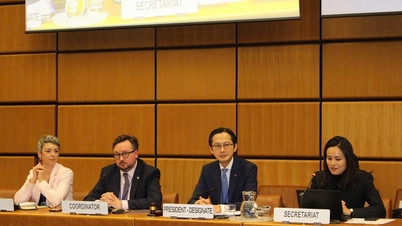
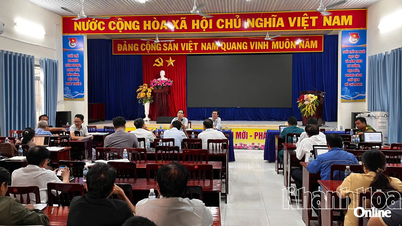

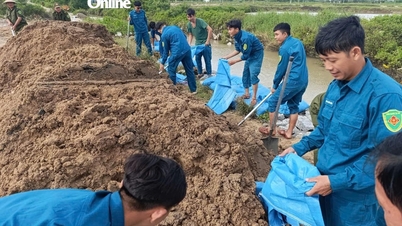


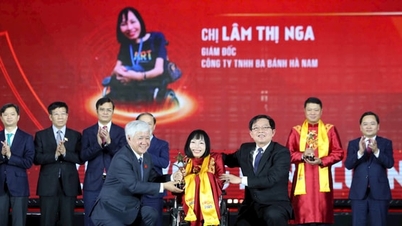














Comment (0)